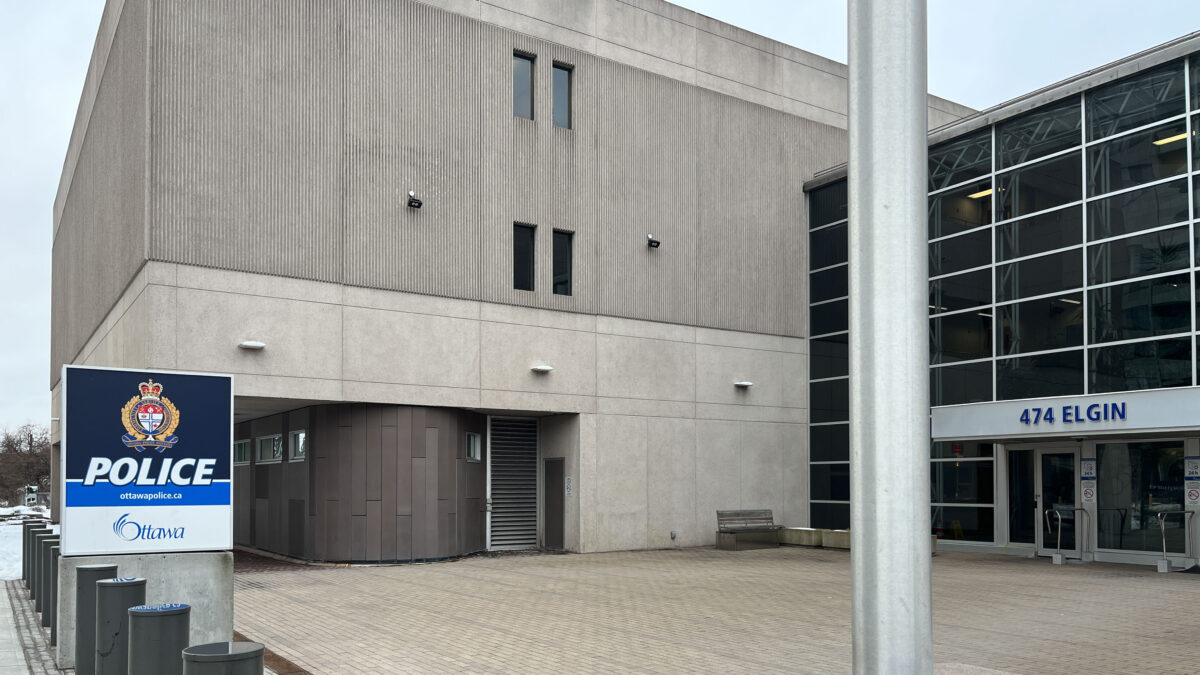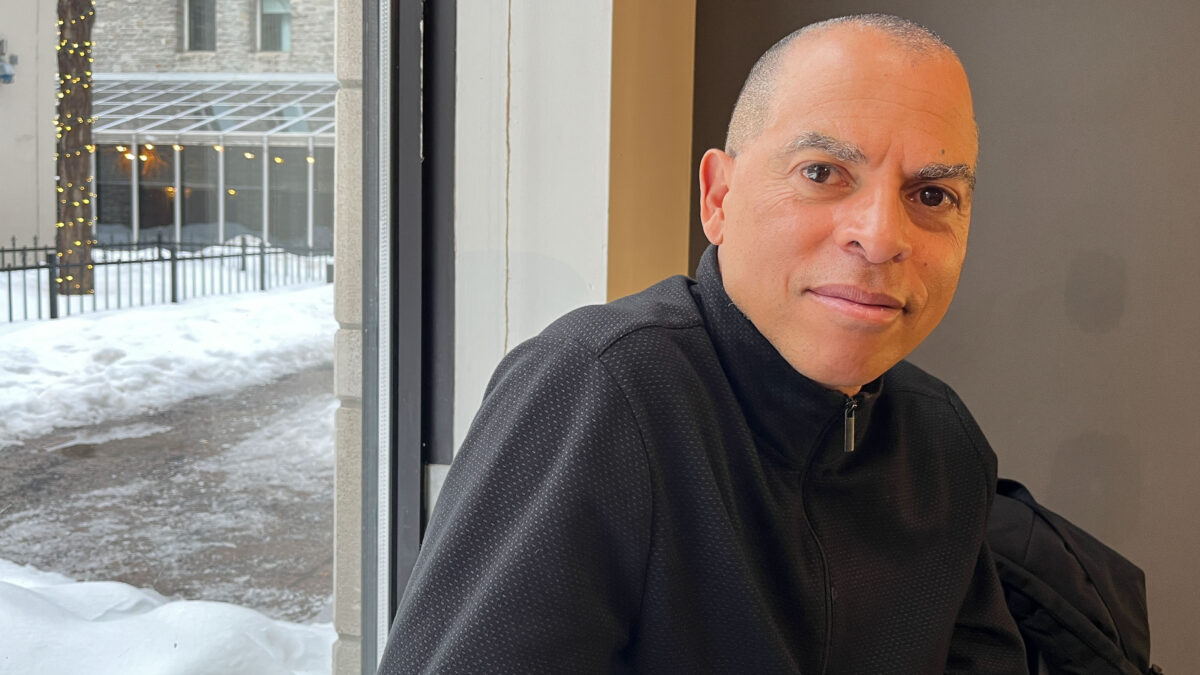The Ottawa Police Board is exploring how the local police can improve its realtionship with racialized communities after a new report found officers continue to use force disproportionately on Black and Middle Eastern people.
The 2022 Use of Force Report, presented at recent meeting of the board, found Black people are three times more likely to experience use of force during encounters with police than their percentage of Ottawa’s population. The report found Middle Eastern people 1.7 times more likely to have force used on them than their share of the city’s population.
The report also noted that, in 2022, Indigenous individuals were not overrepresented in incidents involving police use of force.
Police Chief Eric Stubbs said he wants the OPS to do better at working with racialized communities.
“The numbers associated with our Black and Middle Eastern populations are concerning,” Stubbs said. “They are trending down every year from 2020 when we first reported on this, so that’s good. But I certainly look forward to working with the affected communities to better understand how we can do better.”
The report noted that use-of-force incidents “are often associated with the subject possessing a weapon. Of the 245 (use-of-force) incidents in 2022, 40 per cent were incidents in which the subjects had, or were perceived to have, weapons.”

The report also says more than 99 per cent of calls for service were resolved peacefully. However, the report says there were still nearly 250 incidents in which force was used, and that BIPOC citizens are significantly overrepresented in those instances.
Kanata North Coun. and police board member Cathy Curry said the media isn’t focusing enough on the times the OPS did not use force.
“It’s so frustrating to me that there’s zero mention that 99 per cent of the calls required no force,” she said during the meeting. “We’re dealing with such a small fraction of a per cent here and not to say that we shouldn’t be. We absolutely should be. But we still have to make sure the other part of that is recognized.”
“The numbers associated with our Black and Middle Eastern populations are concerning. They are trending down every year from 2020 when we first reported on this, so that’s good. But I certainly look forward to working with the affected communities to better understand how we can do better.’
Ottawa Police Chief Eric Stubbs
Robin Browne, a high-profile critic of the Ottawa Police Service and Co-Lead and founder of 613-819 Black Hub — an organization that aims to address anti-Black racism — told Capital Current that police using force disproportionately even one per cent of the time is still a problem.
Stubbs said building relationships with non-white communities is one aspect of the OPS’s Diversity, Respect, Inclusion, Values, Equity and Engagement strategy.
The DRIVE2 Strategy was released in April 2023 and an update on the project was also discussed at board meeting. DRIVE2 is a “a comprehensive human rights organizational change strategy with shared responsibility across OPS.”
It includes external changes to the OPS, including service delivery in the community as well as internal changes to the OPS’s work environment.
Some internal changes in the strategy report include the introduction of a dedicated prayer space, the support of existing employee resource groups, as well as the introduction of an Asian Association, a new employee resource group.
Judith Drover-Janes, the OPS’s acting sergeant of Equity, Diversity and Inclusion, said these internal changes will also change the way the OPS serves the community.
“If we can improve the morale, culture, increase staffing resources, and we can build trust within our service, then that will reach outwards into the community,” said Drover-Janes.
“Obviously, if they’re using force disproportionately on Black and Middle Eastern people, they’re not respecting human rights.”
Robin Browne, co-founder, 613-819 Black Hub
The DRIVE2 Report strategy states that throughout 2023, the OPS worked on building relationships with communities across Ottawa to address systemic discrimination.
However, Browne argues the strategy is ineffective.
“The only thing it’s effective at is helping to create the illusion that the OPS care about human rights and that they’re actually trying to make change,” he said.
He insisted that change will not come from reports like DRIVE2 and that other actions are required to challenge systemic racism within the OPS.
“The OPS really, really needs to appear to be respecting human rights when they’re not,” Browne said, dismissing the workplace reform strategy. “Obviously, if they’re using force disproportionately on Black and Middle Eastern people, they’re not respecting human rights. So, the power comes in exposing that contradiction. We at the Hub do that through filing official complaints.”
Police board chair Salim Fakirani agreed with Stubbs that more improvements need to be made to the OPS.
“Further explanations and further training within the service are required,” Fakirani said. “These are all things that the DRIVE2 strategy are showing.”
The DRIVE2 Strategy report concludes by stating that the OPS will continue to make changes and work with communities to “achieve a more equitable, diverse, and inclusive police service.”




